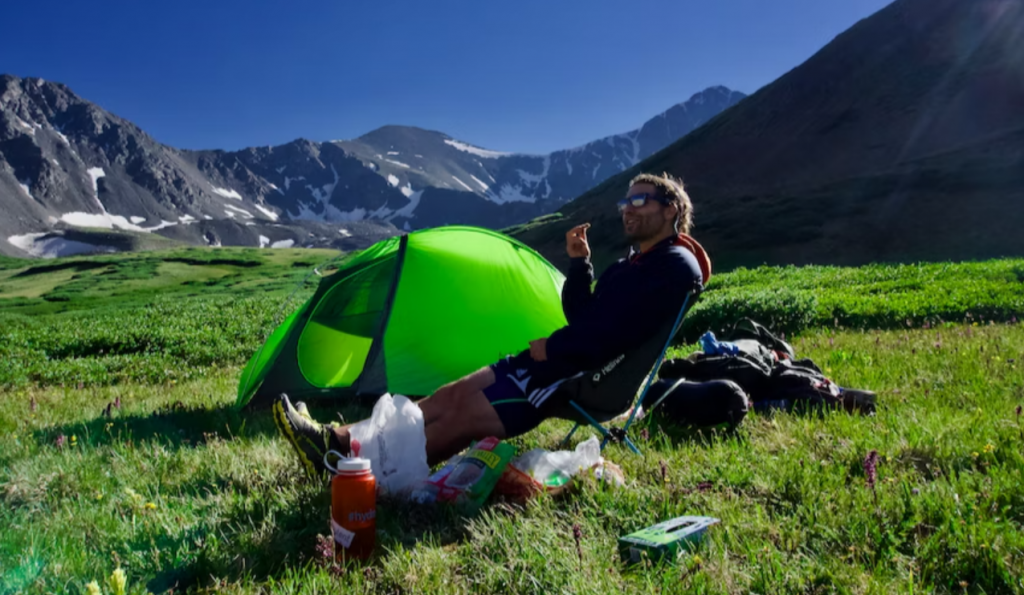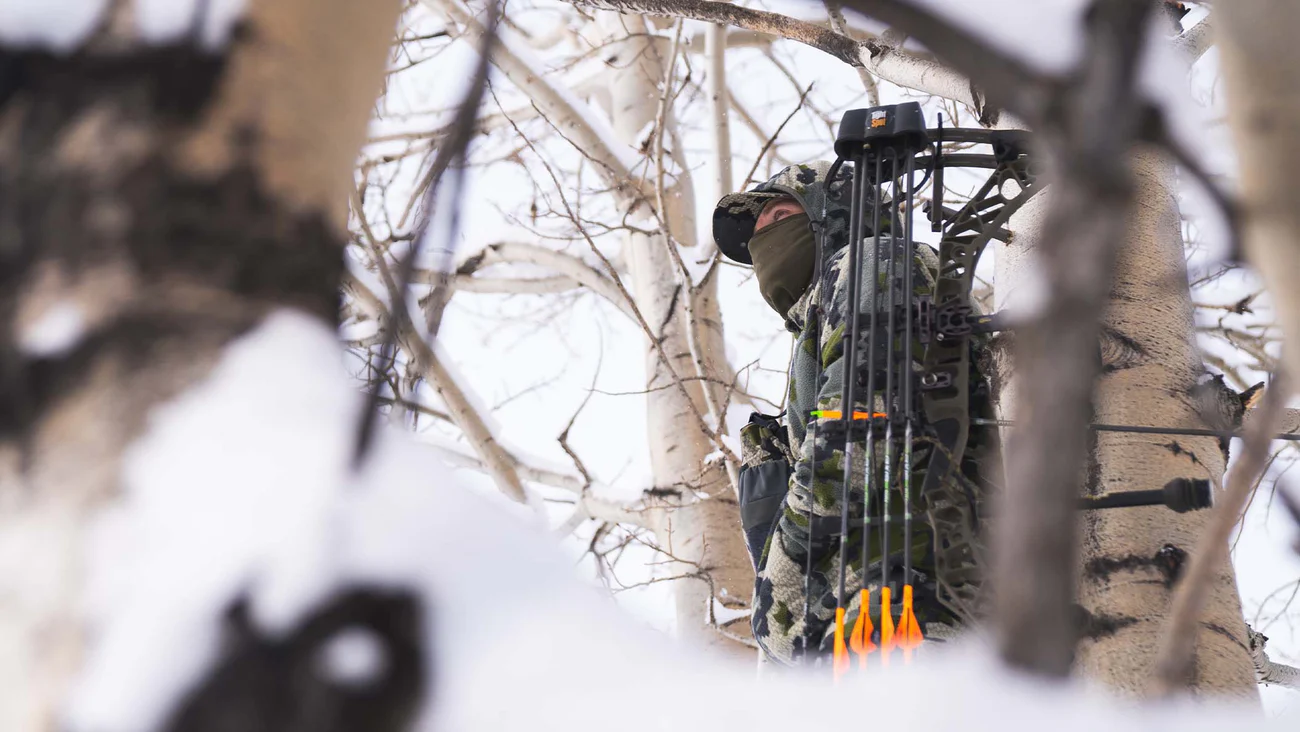
Sleeping Under the Stars: Choosing the Right Backpacking Tent for Your Journey
Have you ever dreamt of spending a night under the twinkling stars, surrounded by nature’s serenity? Backpacking trips offer the perfect opportunity to escape the hustle and bustle of everyday life and immerse yourself in the great outdoors. However, to make the most of this experience, you need to choose the right backpacking tent that suits your needs and preferences. In this comprehensive guide, we will walk you through everything you need to consider before investing in your home away from home.
Understanding Your Needs
Before embarking on your tent-buying journey, it’s essential to understand the specific requirements of your backpacking trip. Are you planning a solo adventure or traveling with friends? Will you be hiking in a cold and rainy climate or exploring a dry desert? Identifying your needs will help narrow down the options and find a tent that perfectly fits your adventure.
Types of Backpacking Tents
Backpacking tents come in various styles, each designed to cater to different needs. Single-wall tents are lightweight and ideal for minimalist backpackers. Double-wall tents provide better protection against the elements and are suitable for most backpacking trips. Additionally, tents can be freestanding or non-freestanding, with freestanding tents offering easier setup and more versatility.
Weight and Packability
One of the most crucial considerations for backpackers is the weight of their gear. Carrying a heavy tent can quickly turn a thrilling hike into a grueling experience. Ultralight backpacking tents are gaining popularity for their lightweight and compact designs, allowing backpackers to cover more miles with less fatigue.
Tent Capacity and Size
Choosing the right tent capacity is essential for a comfortable trip. Solo tents are compact and lightweight, perfect for solo adventurers. 2-person tents offer a balance between weight and space, while larger groups may opt for 3+ person tents for more room and shared gear storage.
Materials and Durability
The durability of your tent is vital for ensuring it withstands the rigors of the outdoors. Pay attention to the tent’s fabric, as it affects both weight and durability. Additionally, proper waterproofing and seam sealing will keep you dry during rainy nights, while sturdy poles and stakes are crucial for stability in windy conditions.
Seasonality and Weather Resistance
Consider the season and weather conditions you’ll encounter on your backpacking journey. 3-season tents are designed for spring, summer, and fall use, offering excellent ventilation and protection against light rain. On the other hand, 4-season tents are suitable for winter camping, built to withstand harsh weather, snow loads, and strong winds.
Setup and Ease of Use
A straightforward and quick setup is essential, especially after a long day of hiking. Look for features like fast-pitch options and color-coded systems to make your camping experience more enjoyable. Furthermore, decide whether you prefer a single-wall or double-wall setup based on your convenience and needs.
Ventilation and Condensation
Proper ventilation is crucial for a comfortable night’s sleep. Look for tents with mesh panels and adjustable vents to allow airflow while keeping bugs at bay. Managing condensation is also essential, especially in humid conditions; choosing a tent with good ventilation helps reduce moisture buildup inside.
Additional Features
Consider additional features that enhance your camping experience. Vestibules provide extra storage space for gear and muddy boots. Gear lofts and pockets help keep your belongings organized and within reach. Guy lines and other accessories can enhance the stability and performance of your tent in challenging weather conditions.
Price Range and Budget Considerations
Tents come in a wide range of prices, so it’s crucial to set a budget before you start shopping. While high-end tents offer premium features and materials, budget options can still provide reliable performance for occasional backpackers. Strike a balance between cost and quality to find the best value for your money.
Customer Reviews and Recommendations
When making a significant purchase like a backpacking tent, it’s wise to research online reviews and expert recommendations. Learning from other campers’ experiences can give you valuable insights into the strengths and weaknesses of different tent models.

Brand and Warranty
Trusted brands often provide better quality and customer support. Look for well-established brands with a proven track record in the outdoor industry. Additionally, check the warranty coverage to ensure your investment is protected in case of any defects.
Renting vs. Buying
If you are new to backpacking or unsure about committing to a specific tent, consider renting one for your initial trips. Renting allows you to try out different tent types and sizes before making a long-term investment.
Conclusion
Choosing the right backpacking tent is crucial for a memorable and enjoyable outdoor adventure. Consider your specific needs, the climate and weather conditions you’ll face, and the desired features when selecting the perfect tent for your journey. Investing in a high-quality backpacking tent will provide you with a comfortable and safe shelter, allowing you to fully appreciate the wonders of sleeping under the stars.
FAQs
- Q: How do I know which tent capacity is right for me?
- A: Consider the number of people you’ll be traveling with and the gear you need to store inside. Solo adventurers can opt for a 1-person tent, while larger groups may need 2-person or 3+ person tents.
- Q: What’s the difference between single-wall and double-wall tents?
- A: Single-wall tents are lighter and more compact but may lack the same level of weather protection as double-wall tents, which have an additional rainfly for added insulation.
- Q: Are ultralight backpacking tents durable enough for extended trips?
- A: Many ultralight tents are made from high-quality materials, making them durable enough for extended backpacking trips. However, they may require extra care to ensure longevity.
- Q: Should I invest in a 4-season tent if I only plan to hike in mild conditions?
- A: 4-season tents are designed for extreme weather conditions and are not necessary for mild climates. Stick to 3-season tents if you primarily hike in spring, summer, or fall.
- Q: Can I use a freestanding tent on rocky terrain?
- A: Freestanding tents are more versatile and can be used on rocky terrain, but be sure to use sturdy stakes to secure the tent if the ground is not suitable for staking.



